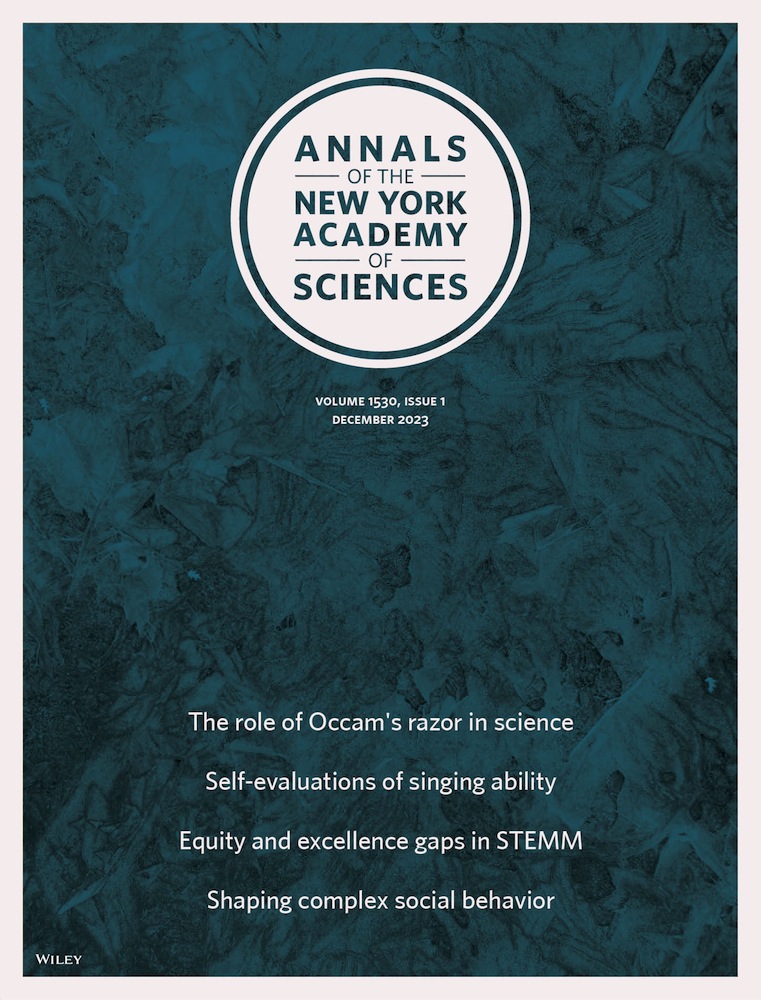Independently testing prosocial interventions: Methods and recommendations from 31 researchers
IF 4.1
3区 综合性期刊
Q1 MULTIDISCIPLINARY SCIENCES
引用次数: 0
Abstract
There is a growing need for independent, ecologically valid research on prosocial design interventions within online platforms. Platform design has a significant impact on user interactions, yet independent researchers often lack access to live platforms, limiting the ecological validity of studies testing the effectiveness of prosocial interventions. In response, 31 experts from academia, industry, and civil society gathered for a workshop focused on understanding methods that enable effective research on design interventions that lead to prosocial outcomes, such as healthy interactions and individual safety, well‐being, and dignity. We synthesize the workshop findings to guide researchers and practitioners in advancing prosocial design and to provide stakeholders—platforms, advocacy groups, and regulators—with evidence‐based tools to promote healthy online behavior. First, we present a review of the dominant research methods in the field. Second, we highlight the challenges that researchers agreed were most prominent (such as reinvention of the wheel) for testing interventions and recommend ways to address them. Finally, we propose specific future actions to address the challenges in the areas of knowledge sharing, events, and supporting infrastructure that experts consider most worth pursuing, and set out an agenda for future online prosocial research and investment.独立测试亲社会干预:31位研究者的方法与建议
越来越需要对在线平台内的亲社会设计干预进行独立的、生态有效的研究。平台设计对用户交互具有重大影响,但独立研究人员往往无法访问实时平台,限制了测试亲社会干预有效性的研究的生态有效性。作为回应,来自学术界、工业界和民间社会的31位专家齐聚一堂,参加了一个研讨会,重点探讨如何有效地研究设计干预措施,从而产生亲社会的结果,如健康的互动和个人安全、福祉和尊严。我们综合了研讨会的发现,以指导研究人员和实践者推进亲社会设计,并为利益相关者(平台、倡导团体和监管者)提供基于证据的工具,以促进健康的在线行为。首先,我们对该领域的主要研究方法进行了综述。其次,我们强调了研究人员认为测试干预措施最突出的挑战(如重新发明轮子),并提出了解决这些挑战的方法。最后,我们提出了具体的未来行动,以应对专家认为最值得追求的知识共享、活动和支持基础设施领域的挑战,并为未来的在线亲社会研究和投资制定了议程。
本文章由计算机程序翻译,如有差异,请以英文原文为准。
求助全文
约1分钟内获得全文
求助全文
来源期刊

Annals of the New York Academy of Sciences
综合性期刊-综合性期刊
CiteScore
11.00
自引率
1.90%
发文量
193
审稿时长
2-4 weeks
期刊介绍:
Published on behalf of the New York Academy of Sciences, Annals of the New York Academy of Sciences provides multidisciplinary perspectives on research of current scientific interest with far-reaching implications for the wider scientific community and society at large. Each special issue assembles the best thinking of key contributors to a field of investigation at a time when emerging developments offer the promise of new insight. Individually themed, Annals special issues stimulate new ways to think about science by providing a neutral forum for discourse—within and across many institutions and fields.
 求助内容:
求助内容: 应助结果提醒方式:
应助结果提醒方式:


